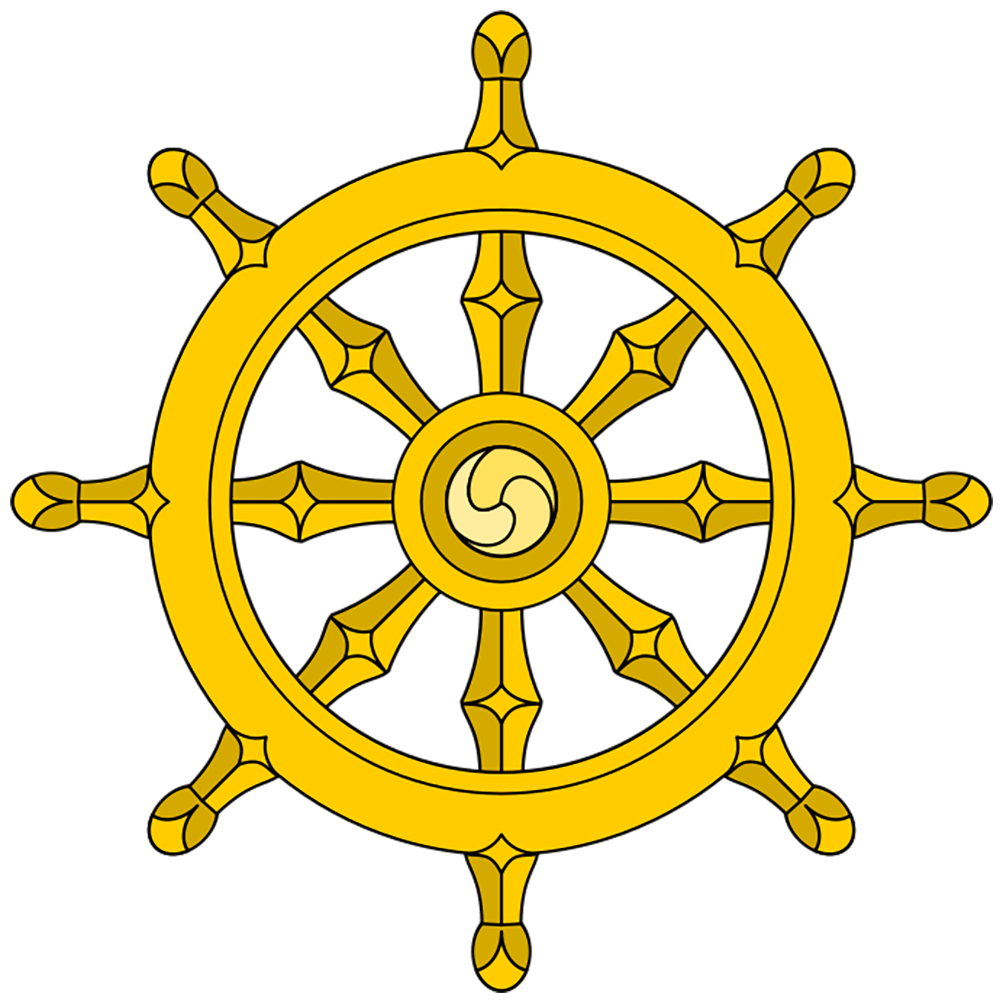Interview Questions
from Lay-friends
Interview Questions
from Lay-friends
Interview Questions
from Lay-friends
Interview Questions
from Lay-friends


Interview Questions from Lay-friends
What are your suggestions for what we should do during this difficult time of the Pandemic (COVID-19) since we are not able to do what we normally do, such as going out, traveling, hanging out with friends and families, etc.?
It can be really difficult to hear news about death, every single day. But what should we do? Meditating (while we are working, walking, eating, drinking, talking, sitting, etc.… ), chanting, slowing down, being at peace with your own thoughts, living in the present moment (mindfulness), to be awareness will best help especially during these times. Each day we should be thankful that we have another day to live and to live like today is our last day on Earth. All we need is tranquility and insight to see clearly how things are affecting us in each moment. When we breathe in and breathe out, mindfully, we live in the present moment. We pray, we contemplate, we become proactive and aware of the world’s situation. We send merit to those who are suffering, and we relieve our own suffering at the same time. Here are a few quotes from the Buddha which will help us during this Pandemic crisis if we learn it, understand it, practice it, and adopt it into our daily lives.
~ The Buddha (Sallekha Sutta)
-
“Do not dwell in the past; do not dream of the future, concentrate the mind on the present moment.”
~ The Buddha
-
“Radiate boundless love towards the entire world — above, below, and across — unhindered, without ill will, without enmity.”
~ The Buddha (Karaniya Metta Sutta)
-
“Whatever has the nature of arising has the nature of ceasing.”
~ The Buddha (Kimsuka Sutta)
-
“To avoid all evil, to cultivate the good, and to cleanse one's mind - this is the teaching of the Buddhas.”
~ The Buddha (Dhammapada, verse 183)
-
“Speak the truth; yield not to anger; when asked, give even if you only have a little. By these three means one can reach the presence of the devas.”
~The Buddha (Dhammapada verse 224)
-
“All conditioned things are impermanent’ — when one sees this with wisdom, one turns away from suffering. This is the path to purification”
~ The Buddha (Dhammapada, verse 277)
-
“All conditioned things are unsatisfactory’ — when one sees this with wisdom, one turns away from suffering. This is the path to purification”
~ The Buddha (Dhammapada, verse 278)
Could you explain what it means when you say, “the purpose of the two-year probationary stage is to ensure that candidates for Bhikshuni ordination are not pregnant?”
"III. Third A candidate receives the precepts of a probationary nun. The purpose of the two-year probationary stage is to ensure that candidates for Bhikshuni (probationary nun) ordination are not pregnant and allows time to provide the candidates with thorough training. The two-year probationary period is not required for monks.”
To become a Bhikshuni, one must begin by asking for the ordination as a Sikkhamana
(a woman in training) undergoing a probationary course. This probationary course of training is supervised by a monk and a nun for two years. There was a particular case of a married woman who asked for ordination without knowing that she had conceived. Her pregnancy came to light after her ordination. Because of this incident, a rule was laid down and women now go through the Sikkhamana training for two years. During the two years of training, should she break any one of the precepts she would begin her period of training again. It is required that she must meet the requirement of two continuous years of training without transgression.
